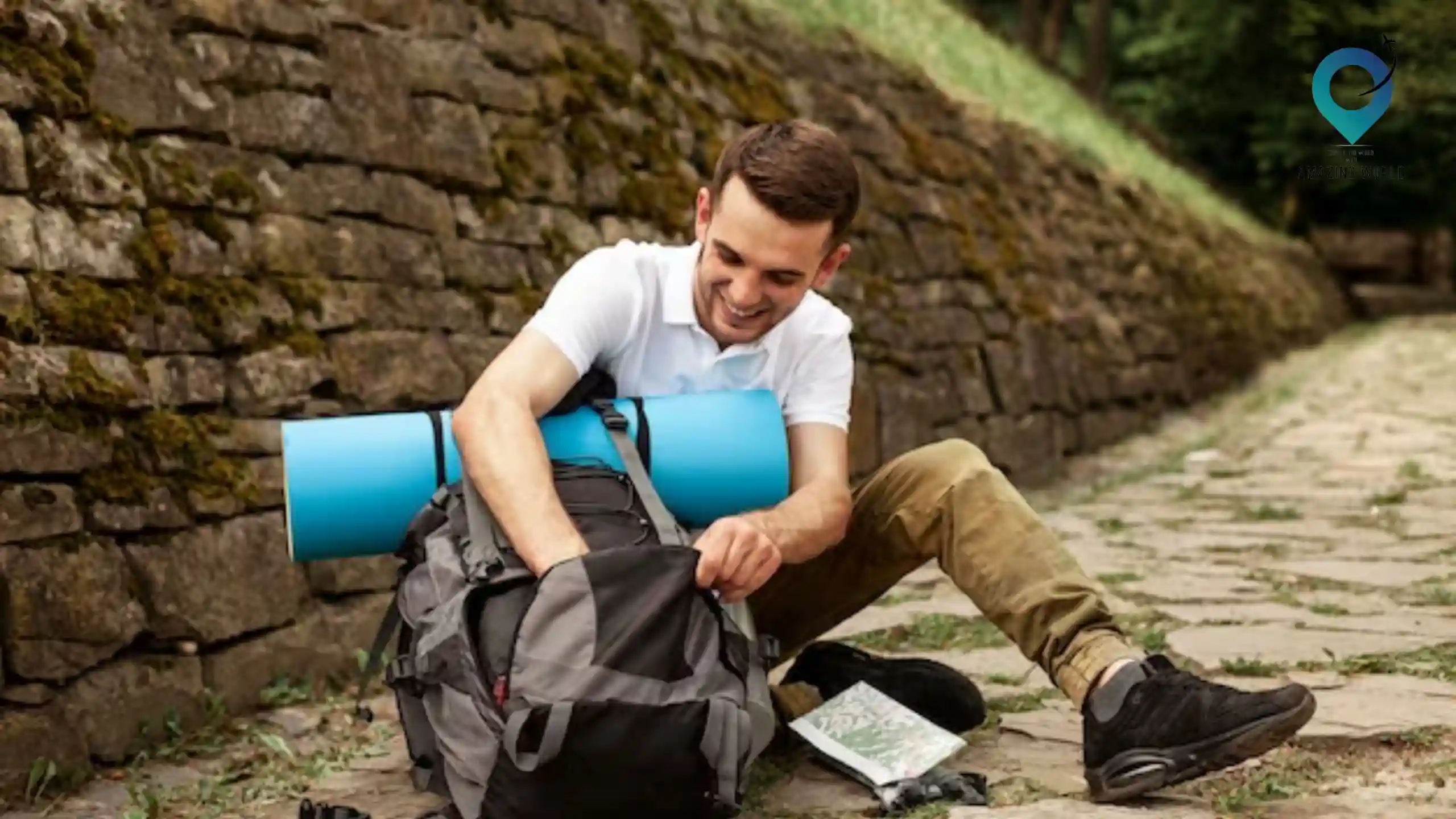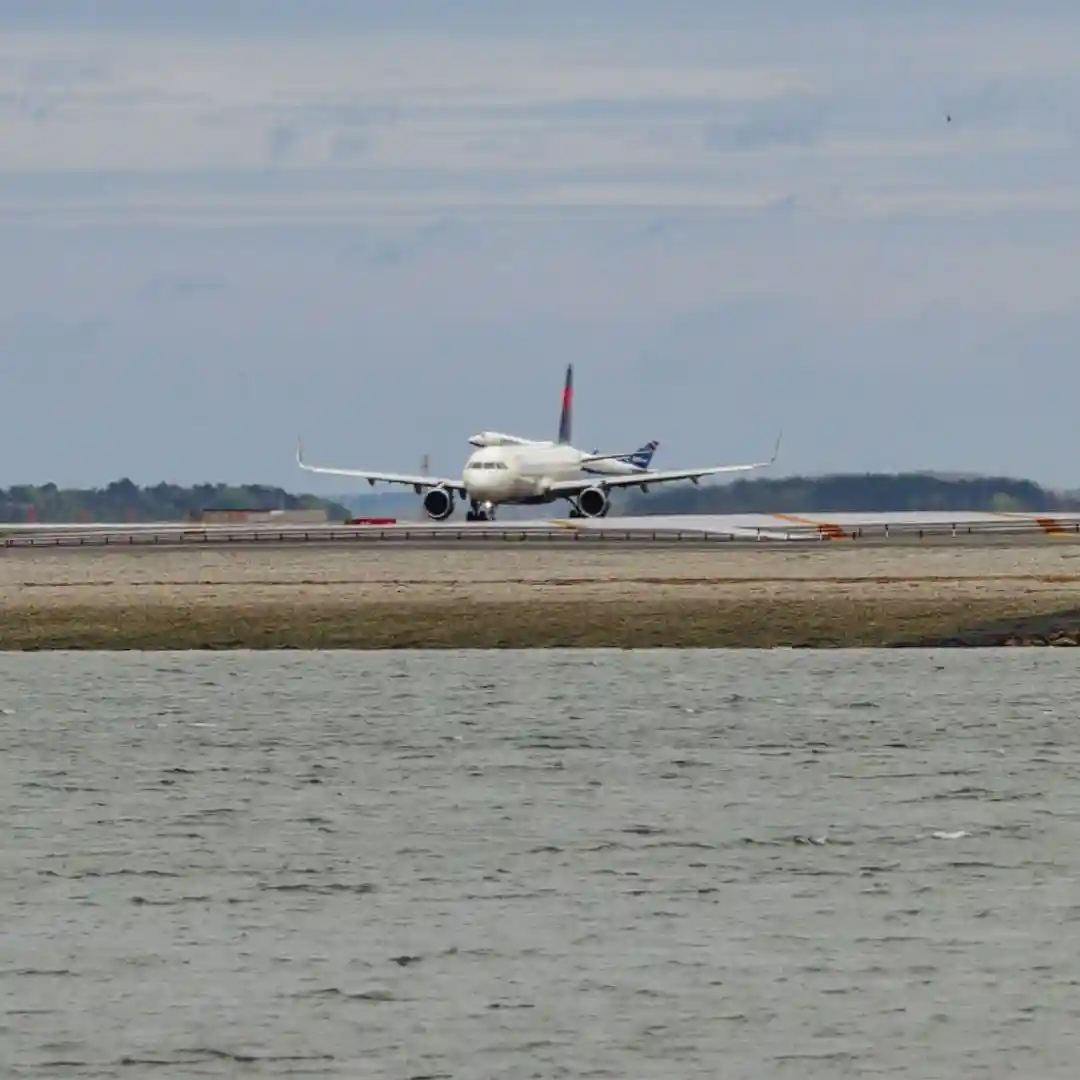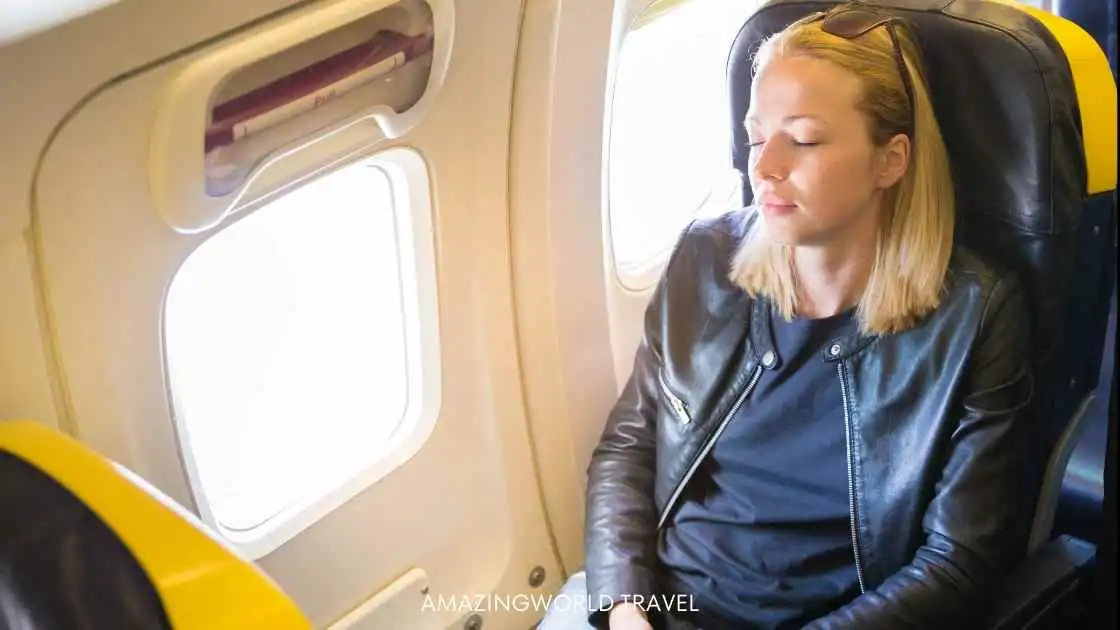How do I deal with cultural shock while traveling?
Table of Contents
Toggle
Traveling to new and culturally diverse destinations can be an incredibly enriching experience. However, it can also lead to a phenomenon known as “cultural shock.” Cultural shock is the disorientation and discomfort one may experience when confronted with unfamiliar customs, traditions, language, and behavior.
In this article, we will explore how to deal with cultural shock while traveling and turn it into a positive and transformative experience.
Understanding Cultural Shock
Cultural shock is a common experience for travelers visiting new and different places. It happens when we feel confused and uncomfortable because of unfamiliar customs, language, and behavior. Imagine going to a country where people do things very differently from what you’re used to, like eating different foods or speaking a language you don’t understand.
At first, it might be exciting and fun, like a honeymoon. But then, it can become frustrating as you miss home and struggle to communicate.
Over time, you start to adjust to the new culture and feel more at ease. Eventually, you’ll adapt and feel like you belong. To cope with cultural shock, it’s essential to be open-minded, learn about the local customs, and connect with the people.
Embracing these experiences can lead to personal growth and wonderful memories that will stay with you forever.
The Stages of Cultural Shock
Stage 1: Honeymoon Phase
The first stage of cultural shock is called the “Honeymoon Phase.” It’s like being in the honeymoon period of a relationship, where everything feels exciting and wonderful. During this stage, travelers are fascinated by the new culture they are experiencing. They find everything different and exotic, from the local food to the architecture and traditions.
It’s a time of great enthusiasm and curiosity as they explore and immerse themselves in unfamiliar surroundings. This initial phase is filled with positive emotions and a sense of adventure as they begin their journey in the new culture.
Stage 2: Frustration Phase
The second stage of cultural shock is known as the “Frustration Phase.” In this stage, the initial excitement starts to fade, and travelers may begin to feel overwhelmed and frustrated. They might encounter language barriers, communication challenges, and cultural misunderstandings, leading to feelings of isolation and homesickness. As the differences between their own culture and the new one become more apparent, it can be challenging to adapt.
Frustration and a longing for the familiar comforts of home can set in during this phase. Travelers may find it difficult to navigate daily life and may start questioning their decision to visit a new culture.
It’s essential to be patient with oneself and remember that this stage is a natural part of the cultural shock process. With time and effort, travelers can move past this phase and into the next stage of adjustment and adaptation.
Stage 3: Adjustment Phase
The third stage of cultural shock is called the “Adjustment Phase.” During this stage, travelers begin to adapt to the new culture and its customs. They start to understand the cultural nuances and develop coping mechanisms to navigate through the challenges they face. The initial feelings of frustration and homesickness start to subside as they become more familiar with their surroundings.
Language barriers may still exist, but communication becomes easier as they pick up some basic phrases. They begin to feel more comfortable in their interactions with locals and find ways to connect with the community.
This is a period of learning and growth as they embrace the differences and start to appreciate the uniqueness of the new culture. The adjustment phase marks a significant shift in the traveler’s mindset as they start to feel more at ease in the new environment.
Stage 4: Adaptation Phase
The fourth and final stage of cultural shock is known as the “Adaptation Phase.” In this stage, travelers have successfully integrated the new culture into their identity. They feel a sense of belonging and comfort in the new environment.
The challenges that were once overwhelming are now more manageable, and they have developed a greater understanding and appreciation for the local customs and traditions. Language barriers may still exist, but they have become more proficient in communicating with the locals. This phase represents a sense of accomplishment and growth as travelers have come a long way from the initial feelings of confusion and discomfort.
They have learned to embrace differences and see the world from a broader perspective. The adaptation phase marks the transformation of cultural shock into a positive and enriching experience, leaving travelers with lasting memories and a sense of personal development.
Tips for Coping with Cultural Shock
Tip 1: Educate Yourself
One of the essential tips for coping with cultural shock is to educate yourself about the destination’s culture, customs, and traditions before your trip.
Researching the country’s history, social norms, and everyday practices will help you better understand what to expect and how to respect the local culture. Learning a few basic phrases in the local language can also go a long way in facilitating communication and showing respect to the locals.
Being informed about the do’s and don’ts can prevent unintentional cultural misunderstandings and help you navigate through your travel experience with more ease and confidence. By arming yourself with knowledge, you’ll be better prepared to embrace the new culture and make the most of your journey.
Tip 2: Be Open-Minded
Approaching a new culture with an open mind is crucial in coping with cultural shock. Embrace the differences you encounter and be willing to learn from them. Instead of focusing on the disparities between your own culture and the new one, try to find common ground and emphasize the similarities.
Recognize that every culture has its unique beauty and value. By being open-minded, you’ll be more receptive to new experiences, customs, and ideas, allowing you to fully immerse yourself in the local culture.
Embracing diversity with an open heart will not only enrich your travel experience but also foster meaningful connections with the people you meet along the way.
Tip 3: Learn the Local Language
Learning some basic phrases in the local language shows respect and can help in day-to-day interactions. It also enhances the cultural immersion experience.
Tip 4: Respect Local Customs and Traditions
Respecting local customs and traditions is a fundamental aspect of coping with cultural shock. When you travel to a new destination, take the time to observe how the locals behave and interact in different situations.
Pay attention to their customs, greetings, and gestures. Being respectful means following the lead of locals and adapting your behavior accordingly. Avoid actions that might be considered disrespectful or offensive in the local culture.
By showing respect for the customs and traditions of the community you are visiting, you demonstrate that you value their way of life and are eager to engage with their culture in a positive manner. This mutual respect fosters a sense of acceptance and openness between you and the locals, making your travel experience more enjoyable and enriching.
Tip 5: Connect with Locals
Respecting local customs and traditions is a fundamental aspect of navigating cultural shock while traveling. When you find yourself in a new and unfamiliar culture, take the time to observe how the locals behave and interact in various situations.
Pay attention to their customs, greetings, and gestures, as these can vary significantly from what you’re accustomed to in your own culture.
Tip 6: Keep a Journal
Documenting your experiences in a travel journal can serve as a therapeutic outlet. It allows you to process your emotions and reflect on the transformative journey.
Tip 7: Stay Positive
Maintaining a positive attitude is vital in navigating cultural shock during your travels. Embrace the challenges and uncertainties with optimism, and view them as opportunities for personal growth and learning. Instead of dwelling on the difficulties, focus on the valuable lessons and experiences that come from immersing yourself in a new culture.
Cultural shock can be overwhelming at times, but by staying positive, you can better cope with the changes and adapt to the unfamiliar environment. Embrace the journey as a transformative experience, and allow yourself to be open to new perspectives and ways of living. Remember that cultural shock is a natural part of the travel process and that overcoming it will lead to a deeper understanding of the world and yourself.
Maintaining Your Mental Well-being
Understanding Perplexity and Burstiness in Travel
Perplexity, the feeling of being confused or puzzled, and burstiness, the intensity of new experiences, are inherent in cultural shock. Embrace these feelings as they contribute to the richness of your journey.
Embracing New Experiences
Maintaining your mental well-being while coping with cultural shock is essential to ensure a positive and enriching travel experience. One effective way to achieve this is by embracing new experiences wholeheartedly.
Seeking Support from Fellow Travelers
Sharing experiences with fellow travelers can provide comfort and a sense of solidarity. Join travel groups or forums where you can connect with others going through similar challenges.
Embracing the Benefits of Cultural Shock
Gaining a New Perspective
Experiencing cultural shock while traveling can lead to profound transformations, and one of the significant benefits is gaining a new perspective on the world. When you immerse yourself in a different culture, you begin to see the world through a different lens. This fresh perspective allows you to challenge preconceived notions and broaden your understanding of the complexities of human societies.
Building Resilience
Dealing with cultural shock builds resilience and adaptability. These skills are valuable not only in travel but also in various aspects of life.
Creating Lasting Memories
The memories forged during times of cultural shock are often the most cherished ones. Embrace the moments that challenge you and contribute to your personal growth.
Conclusion
Experiencing cultural shock while traveling is a natural part of the journey. By approaching it with an open mind, curiosity, and a willingness to learn, travelers can turn this challenge into a transformative and life-enriching experience. Embrace the perplexity and burstiness of cultural shock, and you will gain a new perspective, build resilience, and create lasting memories that will stay with you forever.
How much did you like Our detailed How do I deal with cultural shock while traveling? Review Also, please share these Blogs with your friends on social media.
Related Article –
- Road Trips Ideas | 12 Tips to Prepare Your Car for a Long Road Trip?
- 150 Best Places to Visit in the United States In 2023
- Road Trip With Kids
- How to Stay Awake While Driving Long Distances
- Audiobooks to Listen to On Your Road Trip
- How to Create an Epic Itinerary Road Trip
- Best Rental Cars For Travel Adventures
How do I deal with cultural shock while traveling FAQs
What causes cultural shock while traveling?
Cultural shock is caused by encountering unfamiliar customs, traditions, language, and behavior in a new and culturally diverse destination.
How long does cultural shock typically last?
The duration of cultural shock varies from person to person. It can last from a few days to several months, depending on the individual’s adaptability.
Can cultural shock be prevented?
Cultural shock cannot be entirely prevented, but it can be mitigated through pre-trip research and having an open-minded attitude.
Is cultural shock the same as homesickness?
While cultural shock and homesickness may share some similar feelings, they are distinct experiences. Cultural shock pertains to adjusting to a new culture, while homesickness is missing one’s familiar environment.
Should I avoid traveling to culturally different destinations if I fear cultural shock?
No, cultural shock is a natural part of travel, and embracing it can lead to personal growth and a more profound travel experience. Embrace the unfamiliar and let it enrich your journey.

Meet David Hoper, a passionate travel Blog writer with 7+ years of experience in travel content. Through his exemplary storytelling and engaging narratives, he shares his experiences and brings destinations to life. With a keen eye for detail and a love for exploration, he has cultivated a diverse portfolio of travel blogs that inspire and inform readers worldwide.








